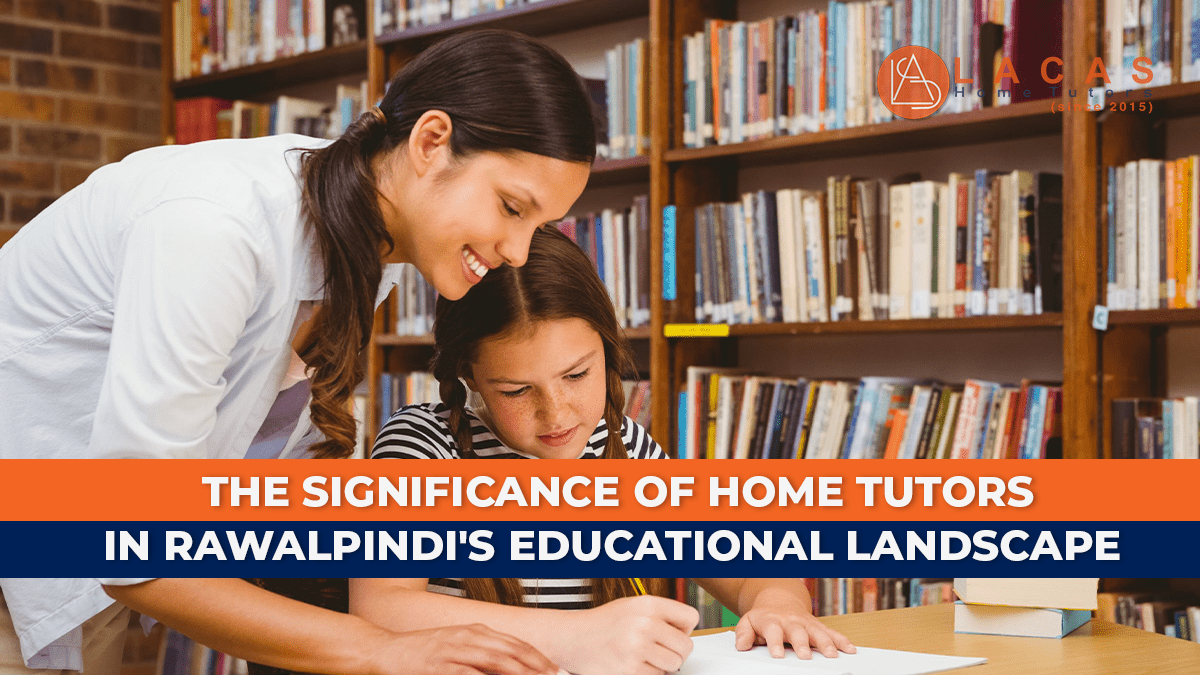The future of home tuition is bright and promising. Home tuition offers a number of advantages over traditional classroom instruction, including one-on-one attention, personalized instruction, and a flexible schedule. Home tuition is becoming a more popular and effective way for students to learn.
Technology’s Role in Shaping the Future of Home Tuition
In today’s digital age, technology plays a crucial role in shaping the future of home tuition. With the advent of online learning platforms and educational apps, home tutors now have access to a wealth of resources and tools that enhance their teaching methods. These technologies allow for interactive lessons, virtual simulations, and personalized learning experiences, making home tuition more engaging and effective than ever before.
Furthermore, technology enables home tutors to connect with students from around the world, breaking down geographical barriers and providing global access to expertise. With video conferencing and online communication platforms, tutors can provide their services to students regardless of their location, creating a diverse and inclusive learning environment.
Additionally, technology allows for greater adaptability and customization in home tuition. With the help of learning management systems and data analytics, tutors can analyse student progress and tailor their lessons accordingly. This ensures that each student receives personalized attention and support, catering to their individual needs and learning styles.
As technology continues to evolve, the future of home tuition looks promising. With the integration of innovative tools and platforms, home tutors will be able to provide a comprehensive and engaging educational experience that prepares students for success in the digital era.
How Home Tuition Adapts to Individual Needs
Home tuition has the unique ability to adapt to the individual needs of students, making it a highly effective form of education. Unlike traditional classrooms where teachers have to cater to the needs of a large group, home tutors can focus solely on the specific learning requirements of their students. This personalized attention allows tutors to tailor their teaching methods, pace, and content to match the student’s learning style and capabilities.
Home tuition also provides the flexibility for students to learn at their own pace. Some students may require more time to grasp certain concepts, while others may be quick learners who need additional challenges. With one-on-one instruction, tutors can identify these individual needs and adjust their lessons accordingly. They can provide extra practice, conduct regular assessments, and offer targeted feedback to ensure the student’s progress.
Furthermore, home tutors can provide additional support for students who are struggling with specific subjects or areas of study. They can devote more time to these topics and use various teaching techniques to help the student overcome their difficulties. Whether it’s providing additional resources, explaining concepts in different ways, or breaking down complex ideas into simpler parts, home tuition adapts to the unique needs of each student.
In summary, home tuition adapts to individual needs by providing personalized attention, allowing students to learn at their own pace, and offering targeted support for areas of difficulty. This tailored approach ensures that students receive the support and guidance they need to succeed academically.
Global Access to Expertise
As technology continues to advance, home tuition is no longer limited by geographical boundaries. The future of home tuition includes global access to expertise, allowing students from different parts of the world to benefit from the knowledge and skills of experienced tutors. With video conferencing platforms and online communication tools, home tutors can now connect with students in any location, creating a diverse and inclusive learning environment.
This global access to expertise provides students with a wider range of educational opportunities. They can learn from tutors who specialize in specific subjects or have expertise in niche areas, gaining insights and knowledge that may not be readily available in their local schools. Additionally, students can interact with peers from different cultures and backgrounds, fostering a global perspective and expanding their horizons.
Furthermore, global access to expertise allows for collaborations and partnerships between tutors and educational institutions across the world. This enables the sharing of best practices, innovative teaching methods, and research findings, ultimately improving the quality of home tuition and benefiting students worldwide.
In summary, global access to expertise is a key component of the future of home tuition, providing students with the opportunity to learn from experienced tutors and gain a global perspective on education.
Inclusivity and Specialized Support

Inclusivity and specialized support are key aspects of the future of home tuition. One of the advantages of home tuition is that it can cater to the unique needs and learning styles of individual students. This includes providing support for students with special educational needs, such as those with learning disabilities or attention deficit disorders. Home tutors can adapt their teaching methods, provide additional resources, and offer personalized guidance to ensure that these students receive the necessary support to succeed academically. This personalized approach creates an inclusive learning environment where all students can thrive.
Additionally, home tuition allows for specialized support in specific subject areas. a few college students might also excel in sure subjects while suffering with others. Home tutors can focus on these specific areas of difficulty, providing additional practice, explanations, and targeted assistance. This specialized support helps students overcome their challenges and build confidence in their abilities.
Overall, inclusivity and specialized support are integral to the future of home tuition, ensuring that every student has the opportunity to reach their full potential.
The Flexible Education Model
The flexible education model is a key component of the future of home tuition. With traditional classroom settings, students often have to adhere to rigid schedules and standardized curricula. However, home tuition offers a more flexible approach to education.
In the flexible education model, students have the freedom to design their own learning paths and schedules. They can choose when and where they want to learn, allowing for a personalized and convenient educational experience. This flexibility enables students to balance their academic pursuits with other commitments, such as extracurricular activities or part-time jobs. It also empowers students to take ownership of their learning and develop important time management and organizational skills.
Additionally, the flexible education model allows for the exploration of alternative teaching methods and resources. Home tutors can adapt their lessons to incorporate interactive learning activities, multimedia presentations, and real-life applications. This dynamic approach not only enhances engagement but also encourages critical thinking and creativity.
Overall, the flexible education model of home tuition provides students with the freedom to learn on their terms, promoting independence, creativity, and a lifelong love for learning.
Home Tuition as a Complementary Educational Experience
Home tuition offers a unique and valuable complement to traditional education. While schools provide a structured and standardized learning environment, home tuition allows students to receive personalized attention and support that caters to their individual needs and interests.
As a complementary educational experience, home tuition can enhance and reinforce what students learn in school. Home tutors can provide additional explanations, practice exercises, and real-world examples to deepen students’ understanding of concepts taught in the classroom. This extra support helps students build a strong foundation and reinforces their learning, ultimately improving their academic performance.
Moreover, home tuition can offer enrichment beyond the school curriculum. Tutors can introduce students to new subjects, explore specialized areas of interest, and provide guidance for extracurricular projects or competitions. This breadth of knowledge and exposure to different fields helps students develop a well-rounded education and fosters their curiosity and passion for learning.
In addition, home tuition can also focus on developing essential skills that are not always emphasized in traditional classrooms. Tutors can provide guidance on study skills, time management, critical thinking, and problem-solving, equipping students with the tools they need to succeed academically and in their future endeavours.
Overall, home tuition as a complementary educational experience enriches students’ learning, provides personalized support, and fosters their holistic development. It complements the traditional education system by offering individualized attention, additional resources, and specialized guidance, ensuring that students receive a comprehensive and well-rounded education.











